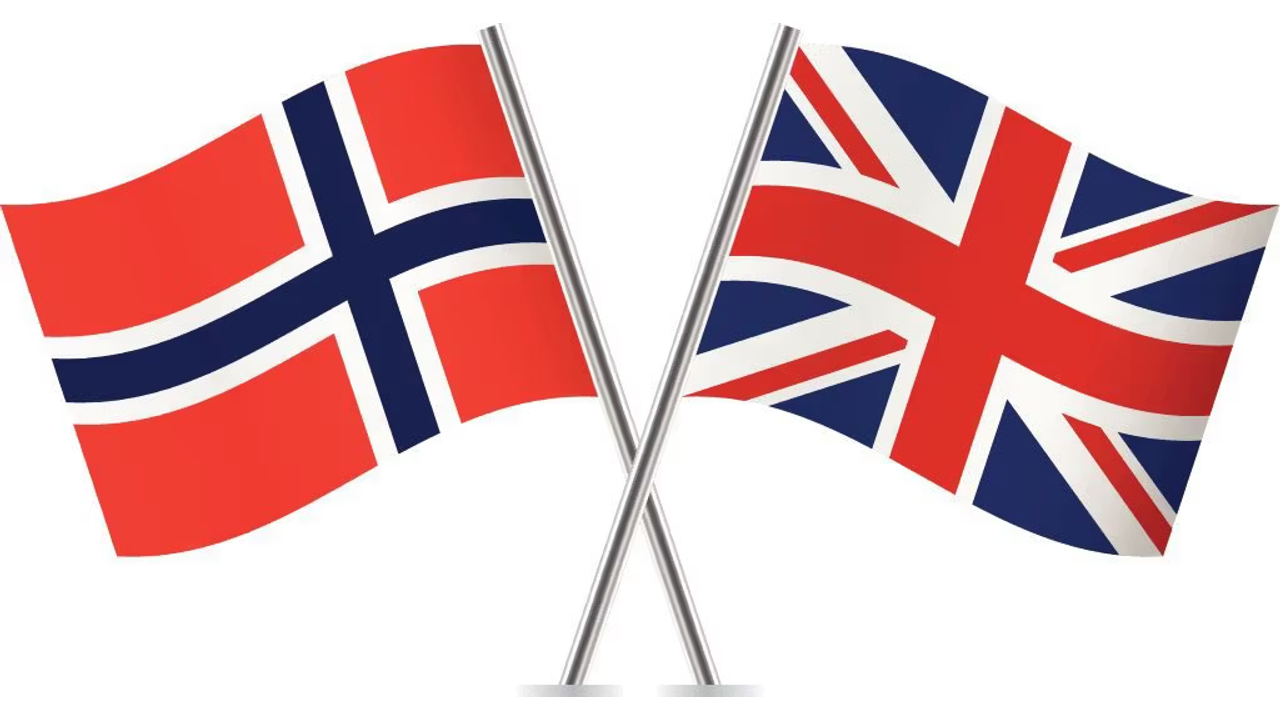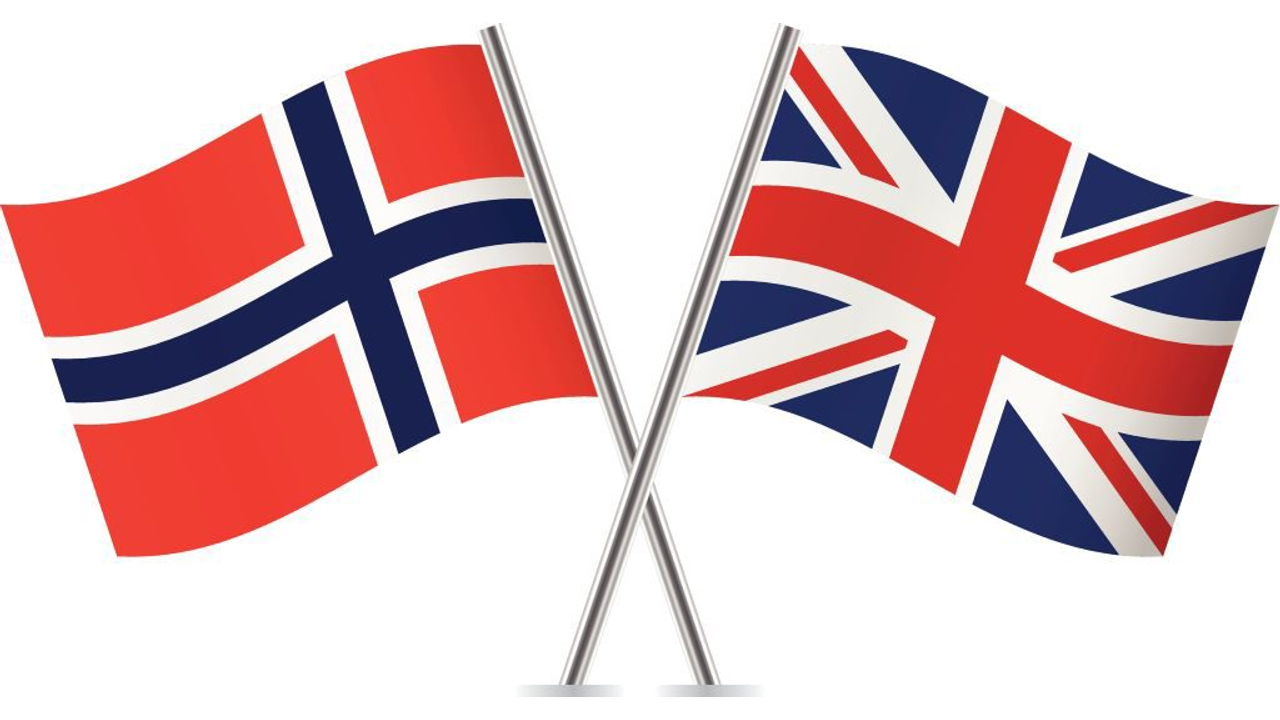About ANCC Committee
Beskrivelse
MOST SECRET 12th November 1941,
From: Captain SCHIVE
TO: Lt.Col. Harry Sporborg (AD/S)
I leave it to you to produce this letter to whomever you consider necessary, but i should like to know exactly who has seen it.
I refer to the meeting held on Wednesday, 28th October 1941, between Sir Charles Hambro, yourself and Major Munthe (English) and Professor Holst and myself (Norwegian).
It is necessary that we should work together on the one side the organisation in Norway and on the other side Norwegian soldiers in England through the
General, the Norwegian Government and you English. We need a coordinating element, as was agreed between us at the meeting mentioned.
With the intentian of getting into contact with our Government and General here in England and in order to clear up possible misunderstandings, Professor
Holst and I sent in our reports the day after the meeting. I will set out for you the chief points in these reports:
The position I, myself, ecquired in the work in Norway was only through chance; I was not chosen to be the leader, but one man was arrested, another left the country, and, at the same time, there was much to do (some weeks before Easter). My friend, Arne, and I undertook this work - there was no time to delegate other people - and suddenly I found myself the leader in reality and felt the responsibility. Under the circumstances, I could not be sure that I was the person my countrymen wished to have in that position, which was of very great importance to me. The matter grew more and more serious. I had already dealt with problems which, by reason of their nature, should have been the responsibility of more than one person. To mention some - there were the questions of sabotage and of arms, and once the question of executing a man. These considerations led to the formation of the present organisation, with a Council at the top and a chief organiser responsible to the Council.
To make the situation in Norway clearer and so that you way realise how we felt, I will go, in more detail, into the questions of sabotage and arms. Before Easter we were asked to send saboteurs, who were to return and work in Norway as instructors. Personally, I did not like the affair but felt that I had to obey orders. Only two of the men sent came back agains. We ordered them to do nothing “wrong" during the first month, put in spite of all caution they came into the "zone of danger" and could not be used. The second time we were asked for saboteurs was before Whitsuntide. They were sent on the same boat as our report of the 10th June 1941. Again we felt that we had to obey orders, but, at the same time, made it clear that we would not send any more saboteurs. The Council was established at this time, we only wanted sanction from our authorities on this side. The second batch of men stayed so long in England that we had to advise them not to return. As you see, nothing had resulted from these two attempts, but, in spite of this fact, there had been danger for the people themselves and for us who helped them and the whole organisation could easily have been in jeopardy.
The two cases just referred to we had to support because they came from Norwegian authorities and because we had full control. However, as it became known by degrees that we had established a responsible authority in Norway, we received reports of addresses of the same nature direct from Englishmen. Of course, we did not like this and asked the men engaged in these affairs to keep to us in future. They were always glad to hear that the responsibility rested in the hands of good Norwegians.
There are a few "Krag-Jørgensen" guns spread ali over the country, hidden away during the war. There is also a little ammunition for some of them. Generally, however, the talk of guns and ammunition has proved to be exaggerated. I have heard of arms bought from the Germans, but this, of course, could only be on a small scale. We found it dangerous, for betrayers of their own country could very soon become betrayers against us.
You will perhaps find us a little cool on the question of arms. We feel safer without then, however, until such time as England has demonstrated her superiority over Germany in the air. We are willing to do real fighting to reconquer our land, but we wish to save our country from small activities and disturbances, with losses of life to no purpose. Our attitude regarding the question of sabotage and of arms might be modified. What is of the greatest
importance to us is that matters of such a serious character for our country should be fully discussed and the opinions of both sides heard before carrying out any plan.
These were the principal points of interest to you in my report. As a member of the above-mentioned Council in Norway, Professor Holst has written his own
report in connection with mine.
The chief tasks for the Council are:-
1. To draw up the principal lines for the work.
2. To control the leaders of the organisation.
3. To find the men fol the most important positions in the organisation.
The members of the Council will not themselves give orders for action: This must exclusively be done . by our King in colløaboration with his Government, either directly or through men in Norway who have their confidence. A most important task for the Council is to give King, Government and General the necessary information as to the possibilities of the organisation.
On Monday, the 3rd November 1941, Professor Holst and I sent a proposal to our General to establish:-
1. An office here, in England, to deal with the daily work and through which all the correspondence with the organisation in Norway should pass.
2. A committee controlling this office every 14th day and giving the principal lines for the work.
This is, in a way, a parallel to the organisation at home. We feel that it is most important that our Government should have all the control it wishes, and, therefore, would like to see a member of the Government on the Committee. Further, we propose as members of the Committee the Norwegian General, two representatives for the organisation in Norway and the necessary representatives from the English side.
As this was merely suggested as a basis of discussion of the problem, we have not gone into more detail at the present stage. These proposals will scarcely form the final solution and it is probable that our authorities will choose another method, but I believe that they will find some way of dealing with the situation.
In conclusion, I will repeat one thing which is of the greatest importance to the men working in the Organisation in Norway. They will only deal with Norwegian authorities, as it is considered that any discussions that may be necessary between Englishmen and Norwegians should be carried out here, in England. If those in Norway should get the least feeling that this was not loyally done it would undermine their confidence and make the whole Organisation less effective.
If there should! be anything in this letter which is not quite clear to you, then I would ask you to speak to me, personally.
Handwritten: J.Schive
HS2-127 p100-104
Til Sted
| Tittel | Lenke |
|---|---|
| 88 Chiltern Court, 192 Baker Street, London, NW1 5SD | Se mer |
Deltakere
| Navn | Lenke |
|---|---|
| Jacob Schive Kaptein | Se mer |


